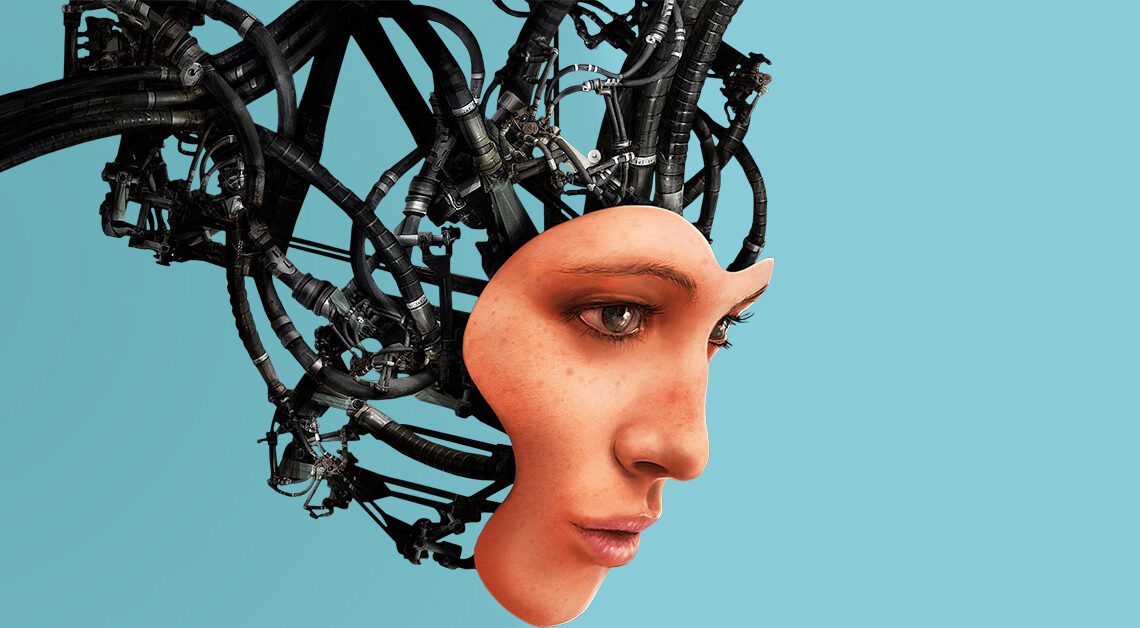
The concept of transhumanism has been gaining momentum in recent years, sparking debates and discussions about the potential future of humanity. Transhumanism, in essence, is the belief in using advanced technology to enhance and evolve the human condition beyond its current biological limitations. It envisions a future where humans merge with machines, surpassing natural abilities and achieving unprecedented levels of intelligence, longevity, and even physical prowess. As we stand at the threshold of technological advancement, it is crucial to explore whether the future is truly transhuman and what implications this transformation might have for society.
The Drive for Enhancement
Humanity has always sought ways to enhance its capabilities. From the invention of the wheel to the development of the internet, our relentless pursuit of progress has led to remarkable achievements. Transhumanism represents the next logical step in this journey. With rapid advancements in fields like artificial intelligence, biotechnology, and nanotechnology, we are on the cusp of achieving feats that were once relegated to the realm of science fiction.
One of the most intriguing aspects of transhumanism is the idea of merging humans and machines. Brain-computer interfaces (BCIs) are at the forefront of this movement, allowing direct communication between the human brain and computers. This technology has the potential to revolutionize fields such as medicine, enabling paralyzed individuals to regain mobility and people with neurological disorders to regain their independence.
The Pursuit of Immortality

One of the most audacious goals of transhumanism is the pursuit of immortality. Through genetic engineering, regenerative medicine, and other cutting-edge technologies, proponents of transhumanism aim to extend human lifespans indefinitely. While this concept may seem far-fetched, significant progress has already been made in understanding the ageing process and finding ways to slow it down.
However, the pursuit of immortality raises profound ethical questions. How would society grapple with the consequences of a population that never dies? Would it exacerbate existing inequalities? And how would we reconcile the philosophical and existential aspects of our mortality? These are questions that must be addressed as we contemplate a transhuman future.
Challenges and Ethical Dilemmas
The path to a transhuman future is fraught with challenges and ethical dilemmas. Privacy concerns, for instance, become paramount when we consider the integration of BCIs and other invasive technologies into our lives. Who would have access to our thoughts and personal information, and how would this impact our autonomy and individuality?
Moreover, the potential for a technological divide between the enhanced and the unenhanced is a pressing concern. Access to these transformative technologies could become a privilege reserved for the wealthy, further deepening societal inequalities. It is essential to establish ethical guidelines and regulations to ensure that transhumanism benefits all of humanity rather than a select few.
The Human Experience

As we contemplate the future of transhumanism, we must also reflect on what it means to be human. Will the integration of technology into our bodies and minds fundamentally change our essence? While proponents argue that enhancing our abilities and extending our lifespans align with our inherent drive for self-improvement, the flip side also brings about the worry that we may lose something essential in the process – our humanity.
The future may indeed be transhuman, with technology offering us the potential to enhance our physical, cognitive, and emotional capacities. However, as we embark on this transformative journey, we must approach it with caution and a keen awareness of the ethical, social, and philosophical implications it carries. Striking a balance between technological progress and preserving our humanity will be the defining challenge of the transhuman era. In the end, the path we choose will determine whether this future is a utopia or a dystopia, and it is our responsibility to shape it wisely.

